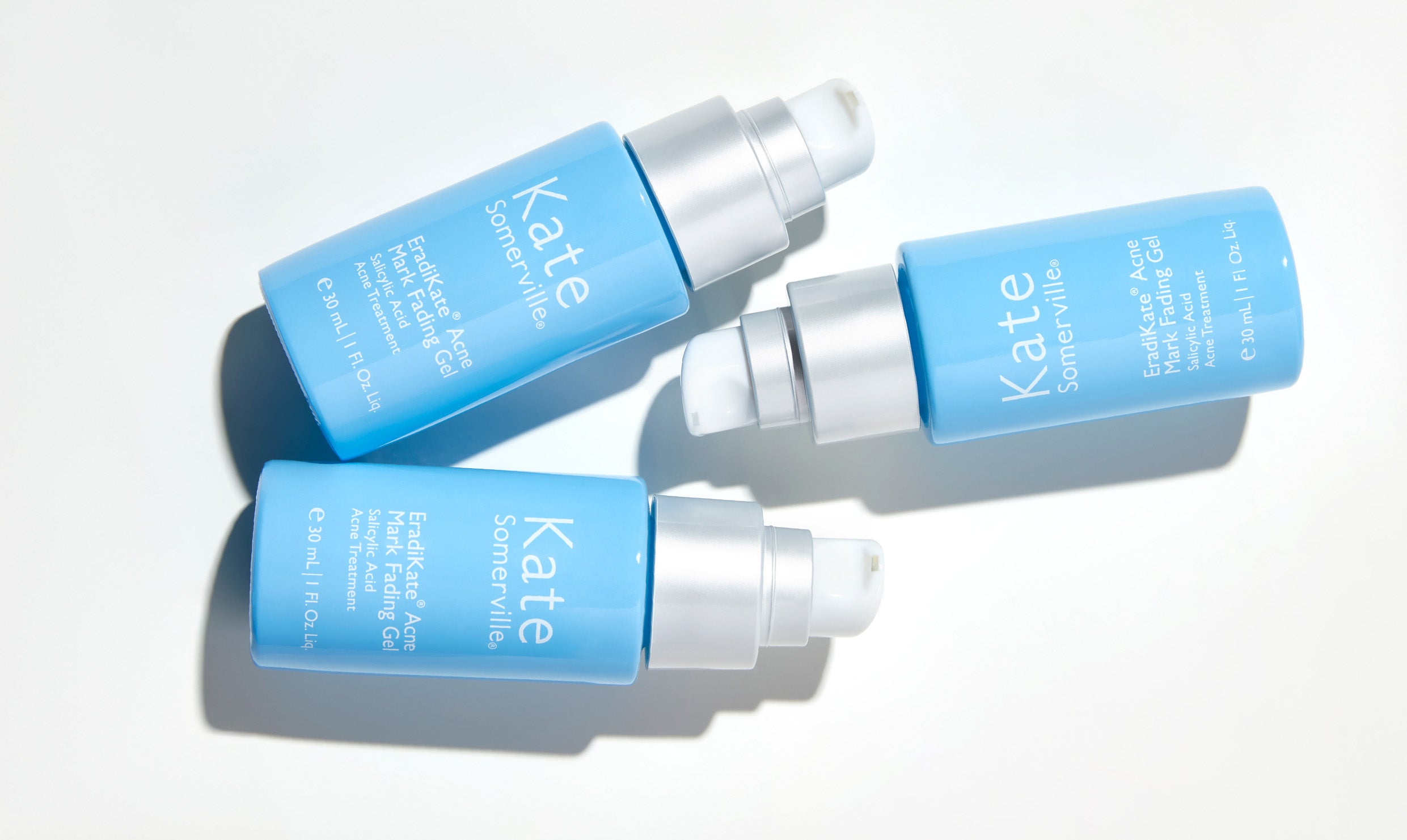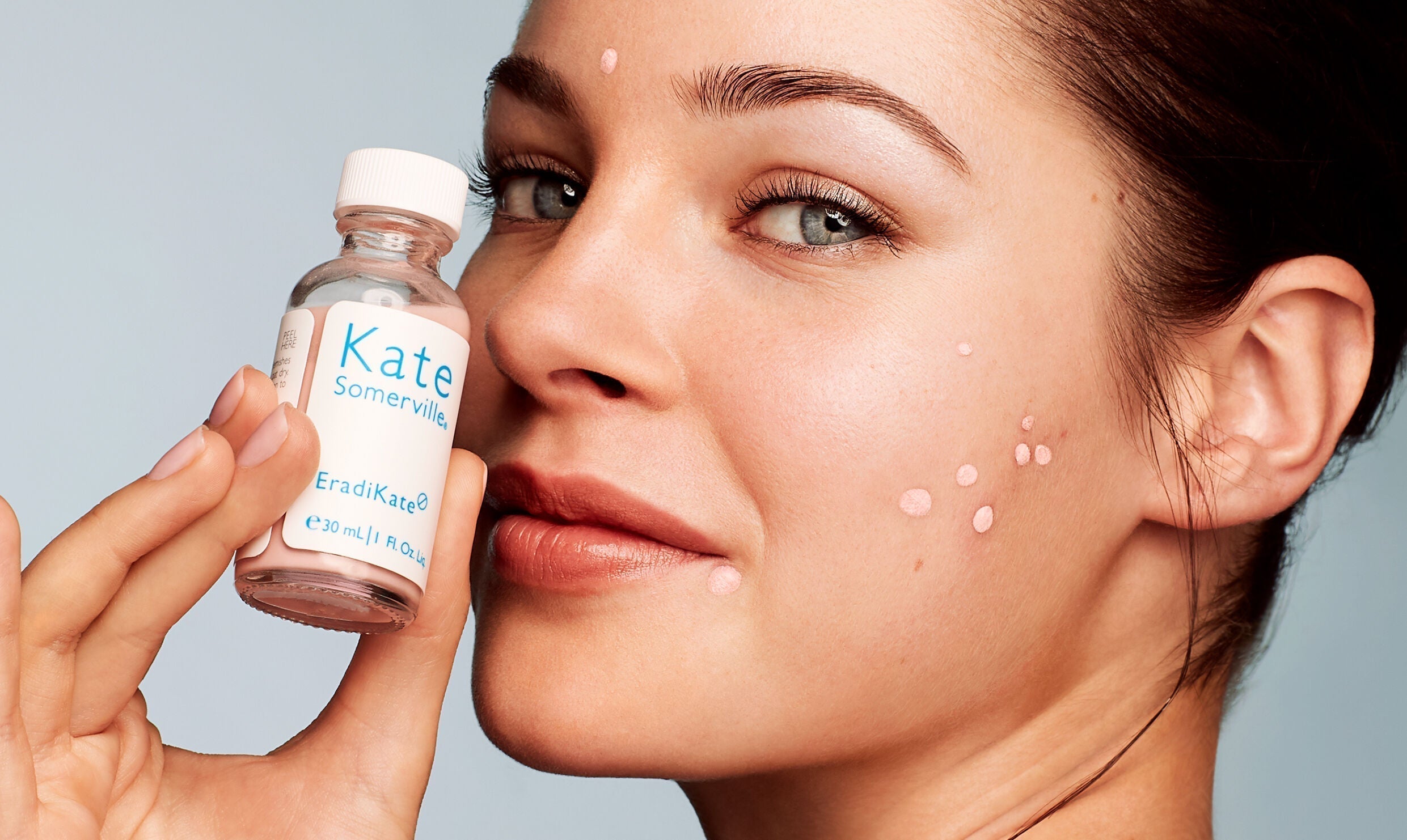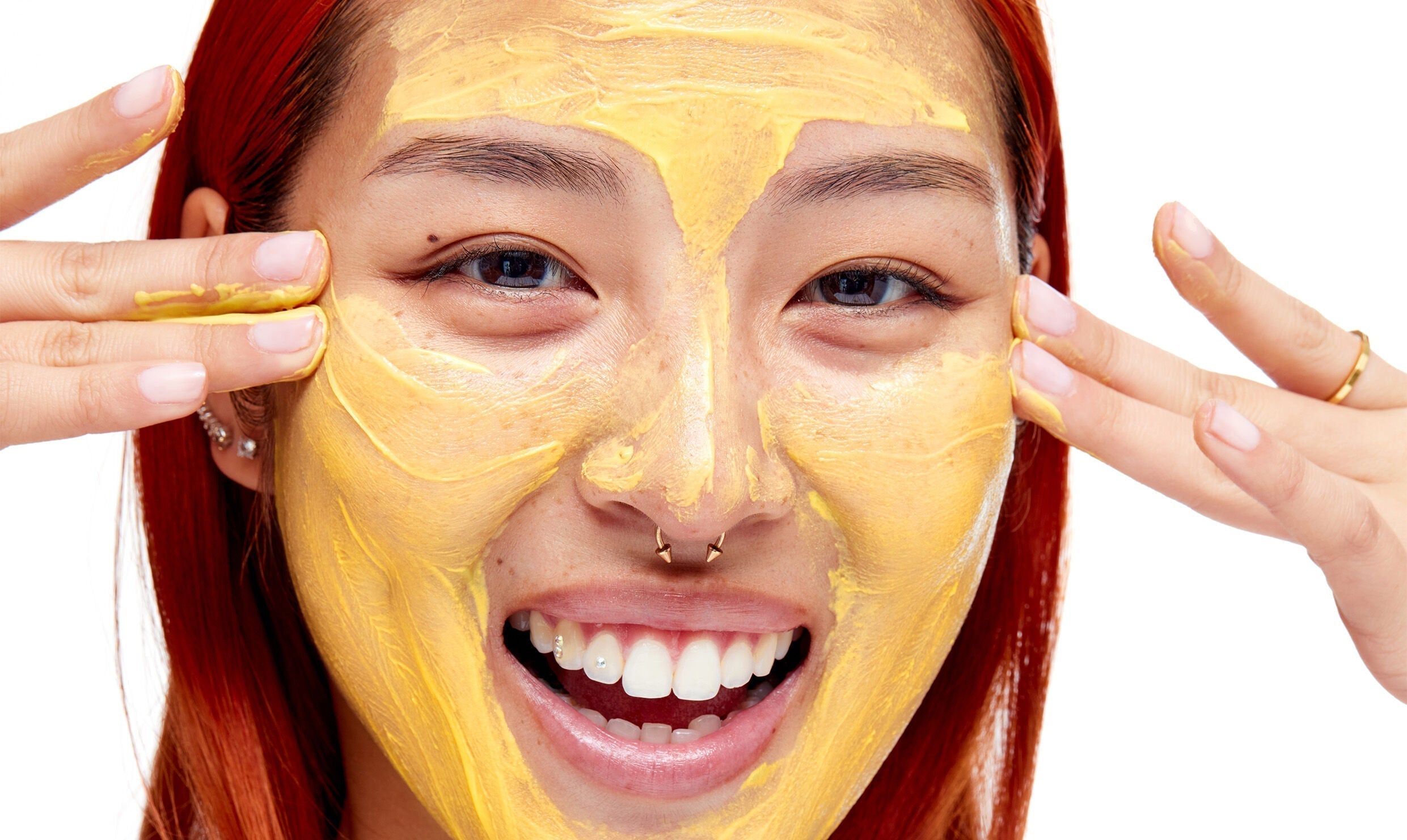
When it comes to healthy and brilliant skin, daily sun protection is not negotiable. Sun protection is vital to prevent skin cancer and maintain skin health. However, with the endless options that border the store shelves, choosing sunscreen can feel overwhelming. From gels to drops, SPF 30 to 50+, mineral and chemical: how do you know what is best for your skin?
With decades of experience taking care of the skin of all kinds, we are here to help you navigate the sunscreen as a professional. Whether your skin is fat, dry, sensitive or at some intermediate point, we will help you find the perfect combination for your lifestyle and skin goals.
Why the sunscreen is essential for all
Let’s start with the basics: Why is sunscreen so important? The correct sunscreen acts as a shield against the harmful exposure of the sun.
Your skin is exposed to UVA and UVB rays every day, even when you are cloudy or are indoors. The application of sunscreen daily helps mitigate these harmful effects. UVA rays penetrate the skin deeply and are the main responsible for premature aging and health problems¹. UVB rays affect the surface of the skin and cause solar burns. Using a sunscreen with an appropriate SPF is crucial for security. Both can lead to skin cancer. He Skin Cancer Foundation² recommends hugging sunscreens into a skin care routine.
The daily use of sunscreen helps:
-
Prevent premature aging
-
Reduce the risk of skin cancer
-
Minimize pigmentation and dark spots
-
Keep the skin soft, healthy and bright
Myth Buster: Yes can Get a sunburn on a cloudy day.
Understand your skin type to effectively choose the appropriate sunscreen
Normal to combined skin
If your skin is not particularly dry or fat, you will want a sunscreen that feels light, absorbs well and keep your skin hydrated.
Look for: Light leagues, moisturizing gels or drops.
Kate’s choice: Hydrakate illuminating 50+ SPF drops. These ultralight drops offer a radiant brightness while offering high SPF protection, perfect for improving the natural tone of the skin.
Fat skin or prone to acne
Finding adequate sunscreen can be difficult for those prone to outbreaks or shine. The key? Choose No oil, Non -comedogenicand Matifier Formulas.
Avoid: Heavy oils and silicones that obstruct pores.
Kate’s choice: Incomplete SPF 50 adjustment spray. This fine fog protector is free of oil, quick and perfect for touches, as well as makeup while protecting your skin.
Dry or sensitive skin
Choose products that are specifically safe for sensitive skin. Dry and sensitive skin needs hydration and soothing ingredients to calm irritation.
Look for: creamy and moisturizing formulas that are Without fragrances, hypoallergenicand minerals based When possible.
Kate recommendation: Whether Hydrakato illuminates more than 50 SPF or incomplete SPF 50 adjustment spray works here. Both are gentle and effective, giving options based on their texture preference.
Mature or aged skin
As mature skin benefits from sun protection that includes anti -aging ingredients and moisturizing properties to combat dryness and opacity. This helps maintain healthy skin and avoid solar burns.
Kate’s choice: Hydrakato illuminating more than 50 SPF drops. Infused with antioxidants, these drops protect while promoting the glow, which makes them essential for mature skin.
Key factors to consider when choosing sunscreen
SPF level: What number is the right one?
SPF refers to how well a sunscreen against UVB rays protects. Selecting the correct SPF is an important step to choose sunscreen. Here is a quick guide:
Dermatologist advice: Choose sunscreen with a SPF of at least 30⁴ For daily use and make sure you offer broad spectrum protection. Our sunscreen Fulfill these important standards.
Physical solar pants (minerals) vs. chemical
When comparing Minerals vs chemical solar protectors, Physical (mineral) sun protectors are found above the skin and divert the rays. Consider mineral sunscreens for comprehensive care. Chemical sun protectors absorb UV rays and make them heat. Chemical sunscreens are effective to provide a robust solar defense.
Chemical sunscreens absorb UV rays and turn them to heat, offering optimal benefits.
-
Physical: Great for sensitive skin, but you can leave a white cast
-
Chemical: Light, mixable and ideal for daily use
Somerville Kate Suncomer Protectors mainly use chemical filters designed for Comfort, performance and skin friend.
Additional characteristics to search
-
Water resistance: Ideal for outdoor adventures
-
Moisturizing and anti -aging Benefits: Keep your optimized skin care routine
-
Texture and finish: It should feel good on your skin
Bonus: The hydrakate that illuminates more than 50 SPF falls double as a leather polishing, which makes SPF part of its daily brightness routine.
How to apply sunscreen for maximum protection
Apply sunscreen in the correct way makes the difference.
-
How much sunscreen? About a teaspoon of sunscreen for your face or a few drops of serum SPF
-
When? Apply at least 15 minutes before sun exposure
-
How often? Re -apply each 2 hoursor immediately after sweating or swimming
Professional Council: Mix Hydrakate Illuminating More than 50 SPF drops with its base or layer under makeup for a seamless and bright finish.
Frequent Solar Protection Questions
Is it a higher SPF always better? SPF 30–50 offers safe and effective protection for most daily situations. What matters most is appropriate application and reapplication.
Can sunscreen cause outbreaks? Not when you choose non -comedogenic formulas such as incomplete SPF 50 configuration spray.
What happens if I have a sensitive skin? Look for formulas without fragrances, soothing and mineral based. Kate Somerville products are made to be soft and troops, and such ingredients play a vital role in sensitive skin protection.
How often should I re -apply the sunscreen during the day? Every 2 hours, more often if you are sweating, swimming or drying towels.
Do you need more guidance? Explore the full range of our sunscreen blogs For expert advice.
Protect your skin with kate somerville
The appropriate sunscreen can be the best way to guarantee the health and glow of the skin in the long term. Whether it goes out to go out a sunny day or working inside a window, the daily SPF is essential.
Your skin deserves this brightness. Let Kate Somerville help you protect it wonderfully.
Sources:
-
Hospitals and clinics of the University of Iowa. (2018, April). What is the difference between UVA and UVB rays? https://uihc.org/health-topics/what-diferference-between-uva-and-uvb-rays
-
The Skin Cancer Foundation. (2025, May). All about sunscreen. https://www.skincer.org/skin-cancer-prevention/sun-protection/sunscreen/
-
Northwest Medicine. (2025, May). What do SPF numbers mean? Reduce your risk of skin cancer and skin damage https://www.nm.org/healthbeat/healthy-tips/quick dose-how-much-spf-do-you-really-need
-
The Skin Cancer Foundation. (2023, May). Ask the expert: Does a high SPF better protect my skin? https://www.skincer.org/blog/ask-the-expert-does-a-high SPF-Protect-my-srelative







